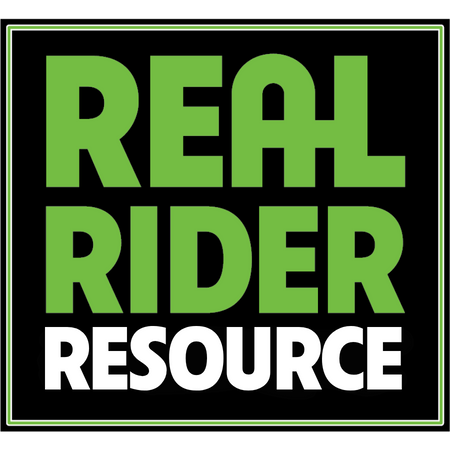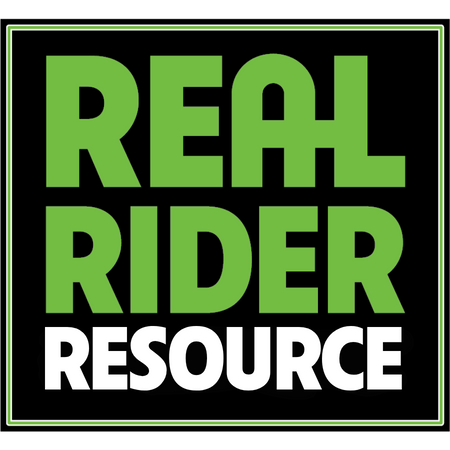Colic is one of the most feared words in the horse world. It refers to any form of abdominal pain, ranging from mild gas buildup to a severe, life-threatening intestinal twist. Regardless of severity, all colic cases require prompt attention and knowledgeable management.
What Causes Colic?
There are many causes of colic in horses, including:
- Gas buildup from rich hay or sudden feed changes
- Impaction or blockage in the intestines
- Twisted or displaced gut segments (torsion or volvulus)
- Sand ingestion, particularly in dry climates
- Parasites, stress, or dehydration
Common Signs of Colic
- Pawing, rolling, or restlessness
- Looking at or biting the flanks
- Lack of appetite or failure to pass manure
- Excessive lying down or stretching out
- Increased heart rate or shallow breathing
What to Do if You Suspect Colic
- Call your veterinarian immediately—colic can escalate quickly
- Remove hay and feed but provide water
- Walk your horse if they’re not violently thrashing
- Monitor vital signs and manure output
- Do not administer medication without veterinary guidance
Prevention Tips
- Feed consistent, high-fiber meals and limit grain
- Provide clean, fresh water at all times
- Allow regular turnout and exercise
- Keep deworming and dental care up to date
- Avoid sudden feed or routine changes
Why It Matters
Colic can be fatal if left unchecked. Recognizing early signs and acting quickly can save your horse’s life. Even mild cases warrant a call to the vet. When it comes to colic, it’s always better to be safe than sorry.





